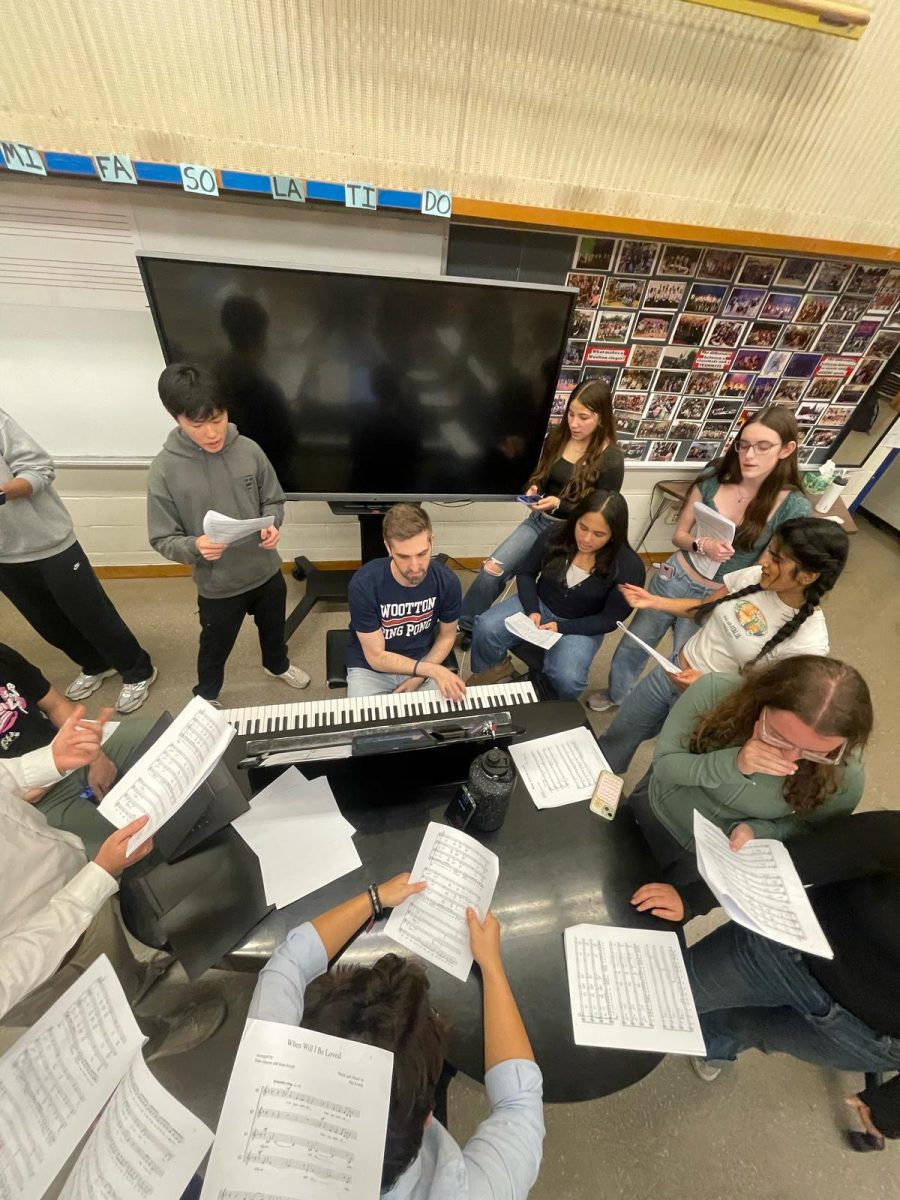Music is a form of expression and self-identity. It influences human emotion, behavior and cognitive performance through how the brain processes it. The results of research into listening to music while studying are mixed, creating a debate about whether it is beneficial.
Studies on subjects show music is associated with arousing physiological responses, but some subjects may find no relationship between emotion and music. This suggests the effects of music while studying depend on the person listening to it. Writer and philosopher Susanne Langer said that “the real stimulus is not the progressive unfolding of the musical structure but the subjective content of the listener’s mind.”
The brain is divided into different parts: the frontal lobe, the occipital lobe, the parietal lobe, the temporal lobe, the insular lobe and the limbic lobe, controlling sections of the body. Brain asymmetry is commonly associated with a left side and a right side. According to psychologist and author Michael C Coraballis, creativity and emotion are generally controlled by the right side of the brain, while speech and comprehension are on the left side. The right side of the brain processes pitch and rhythm, while the left side articulates the music, giving it meaning. This phenomenon connects to the idea of the left-brain-right-brain personality.
According to neurologist Jason Warren, the brain processes music in a hierarchical organization that gets increasingly more complex at each stage, similar to the complex sounds of music which can take energy away from studying. Warren concluded that “the musical brain is a super-structure comprising multiple overlapping processing modules, each formed by a network of anatomical and functional links between cortical areas.”
The “Mozart effect” is a popular theory that listening to Mozart and other classical music increases spatial intelligence and leads to better performance. The trion model is an organizational principle for the cerebral cortex and sets the stage for research. Frances Rauscher, Gordon Shaw and Catherine Ky introduced this claim in 1993, experimenting to investigate its effects. They concluded that listening to Mozart and other similar classical music for 10 minutes enhanced spatial skills. Since then, researchers struggled to prove their findings, resulting in ongoing studies on this phenomenon.
One investigation shows that Mozart’s music creates auditory stimuli due to the change in harmony and beat, making it beneficial as background music while performing tasks. According to Syarifah Noor Syakiylla Sayed Daud and Rubita Sudirman, “Listening to the auditory background stimuli during memorizing the task is able to increase the attention, concentration and thinking level due to the activation of the brain neuron when exposed to it.”
Studies suggest that music therapy is associated with improvements in mood disorders. Patients with depression were studied through randomized controlled trials. According to psychotherapist Anna Marotos, “findings from individual randomized trials suggest that music therapy is accepted by people with depression and is associated with improvements in mood.”
However, music can be a distraction, and studies find that music is not ideal while studying. Genres such as rap and pop have more complex elements, decreasing concentration. Studies suggest that vocal music with lyrics can hinder task performance. Anastasia Kotsopouloua and Susan Hallam administered 600 students in three age groups, asking them what music they listen to when doing various tasks. Most students turned off the music when they felt it was interfering with their concentration. According to Serpil Umuzdas, people listening to songs with higher arousal are more prone to focusing on the song than studying, advising against it when memorizing.
White noise is a solution to studying without distracting music or boring silence. Julia Simoneu states, “White noise is various random audible frequencies played together with no music or rhythm via stochastic resonance.” Too much white noise can be distracting, but the right amount would be beneficial.







![The 2025-2026 Editorial Board Alex Grainger, Cameron Cowen, Helen Manolis, Emory Scofield, Ahmed Ibrahim, Rebekah Buchman, Marley Hoffman, Hayley Gottesman, Pragna Pothakamuri and Natalie Pak (Chase Dolan not pictured) respond to the new MCPS grading policy. “When something that used to be easy suddenly becomes harder, it can turn [students’] mindset negative, whereas making something easier usually has a better impact. I think that’s where a lot of the pushback comes from. But if you put emotions aside, I do think this change could help build stronger work ethic,” Ibrahim said.](https://woottoncommonsense.com/wp-content/uploads/2025/09/fqr5bskTXpn0LRQMmKErLuNKdQYBlL726cFXBaWF-1200x900.jpg)
